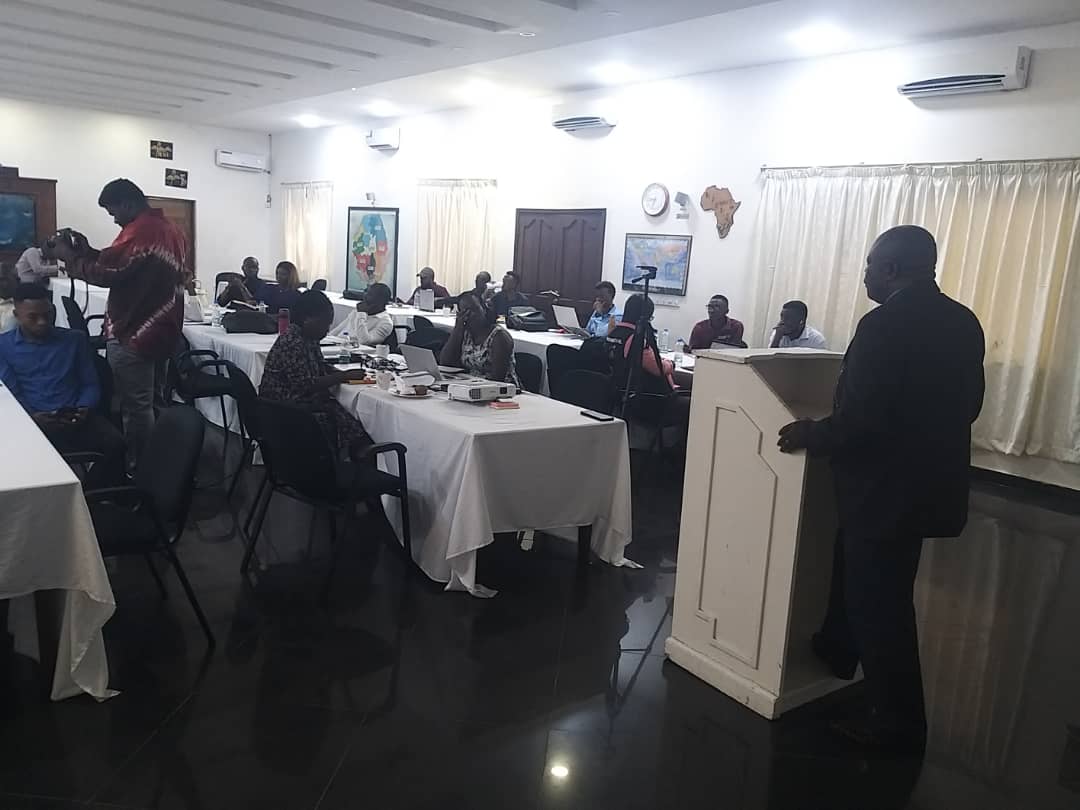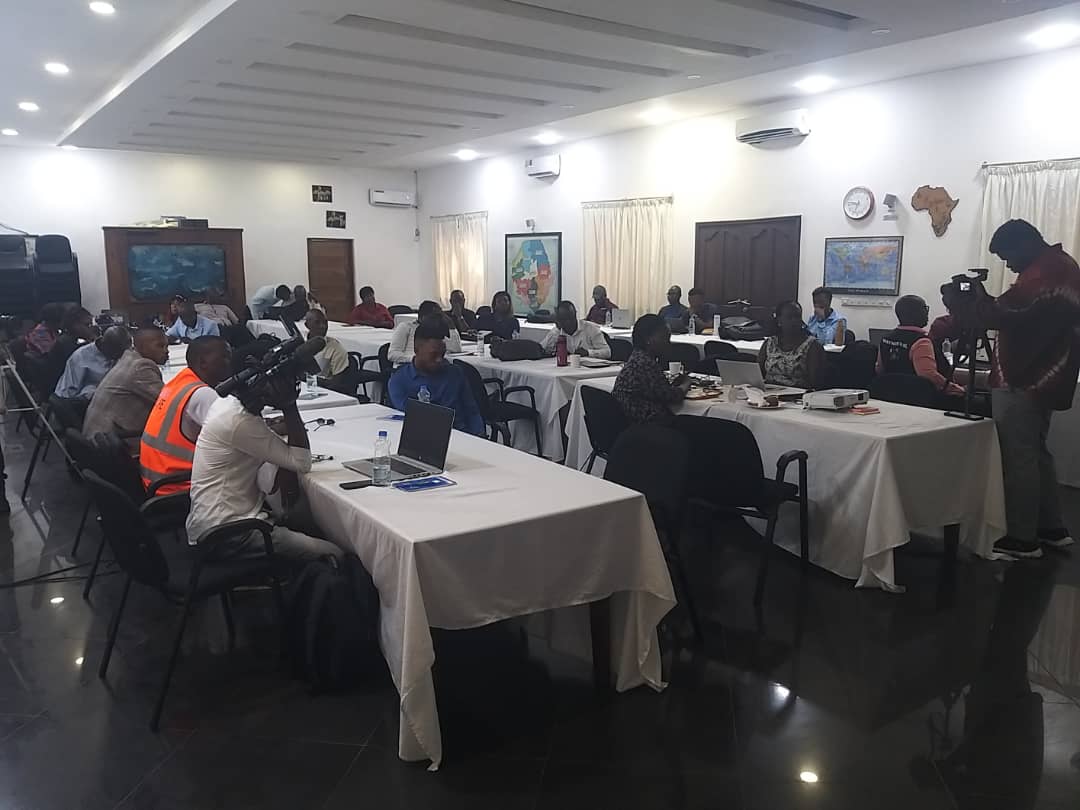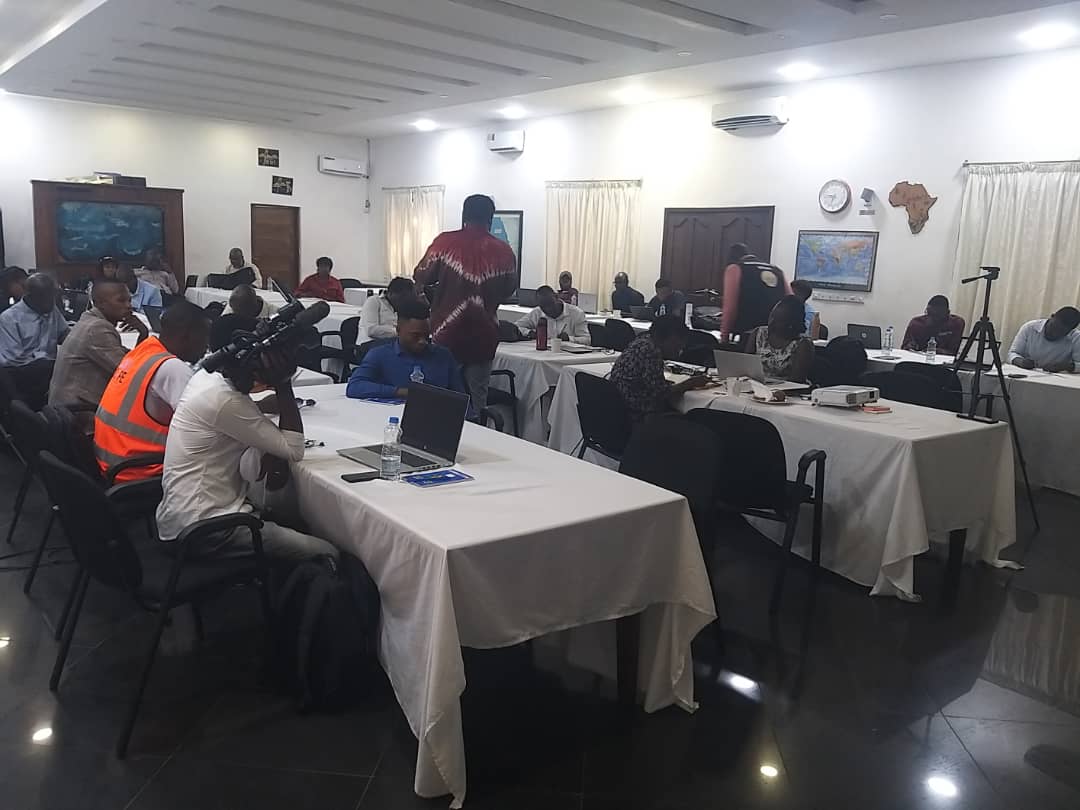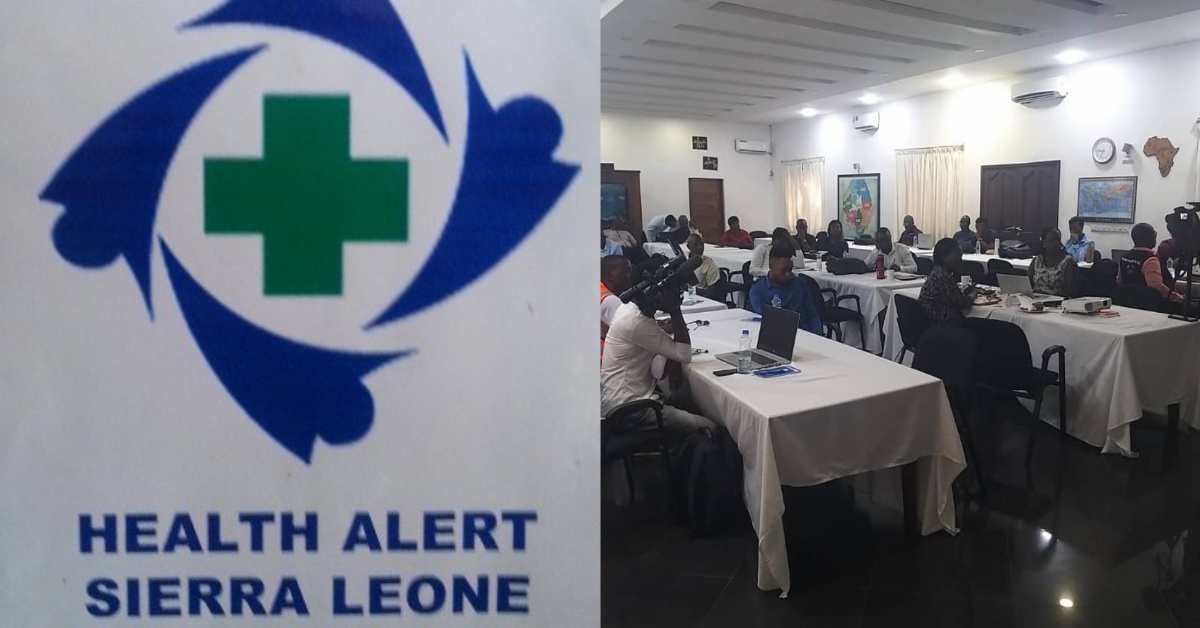Health Alert Sierra Leone, in collaboration with partners, took a pioneering step on Wednesday by organizing a training session on the Motion Tracker Approach for Civil Society Organizations (CSOs) and Youth Coalition members representing The RMNCAH+N Coalition.
The primary goal of the training was to empower CSOs to utilize the motion tracker in monitoring commitments made by government officials and tracking their implementation progress.
The opening session, led by the Executive Director of Health Alert Victor Lansana Koroma, emphasized the significance of empowering CSOs and youth coalition members to use the motion tracker effectively.
He said Health Alert’s focus is on the FP 2030 commitments made by the Minister of Health on May 5th. The director stressed that their intention is to track the progress of the minister’s commitment and how it’s being implemented, adding that commitments without implementation render them meaningless.
He adds that Sierra Leone is one of the first in West Africa to make use of the motion tracker, a tool designed to track work progress since commitments were made. The approach aims to provide CSOs with evidence-based monitoring of commitments made by leaders, with a specific focus on FP 2030 commitments
Cornelia Asiimwe, from SAMASHA a partner of Health Alert, stressed that the role of CSOs has been shifting. While there is a tendency to blame the government, she emphasized the importance of CSOs holding themselves accountable and assessing what they bring to the table. According to Asiimwe, the motion tracker enables CSOs to pinpoint challenging areas that require action in implementing commitments by leaders. She further highlighted that CSOs should not solely focus on holding the government accountable but also concentrate on identifying areas that need attention in fulfilling commitments.”
Adding that the Motion Tracker, a civil society-led approach, acts as a dynamic framework for strengthening accountability and driving action, Cornelia Asiimwe emphasized that it fosters partner participation, engagement, and ownership, addressing bottlenecks to achieving commitments.
She further explained that SAMASHA, in collaboration with various stakeholders, supports and engages in policy advocacy, accountability, reproductive health commodity security, skills transfer, innovations, and partnerships to improve health outcomes.”
Statements from other partners also made an impact on the training. Victor Karim, Communications Administrative Specialist from the Teenage Pregnancy Secretariat, stated that having a motion tracker to monitor implementations aligns well with the objectives of the secretariat, as it establishes indicators to measure the level of commitments in terms of delivery.
In conclusion Health Alert underscores Sierra Leone’s FP2030 Commitments, emphasizing the following key points:
Ensuring universal access to family planning and reproductive health services, irrespective of background.
Strengthening legal and policy frameworks to support family planning, especially for adolescents and young people.
Increasing the modern contraceptive prevalence rate to 33.7% by 2027, with a focus on postpartum family planning and continuous improvement in service quality through training.
Enhancing the supply chain in governance and coordination to ensure a consistent availability of contraceptives.
Challenging harmful gender norms and promoting positive reproductive behaviors through youth-led initiatives and community engagements.
Allocating 17% of the national budget annually to family planning and exploring innovative domestic financing mechanisms.











